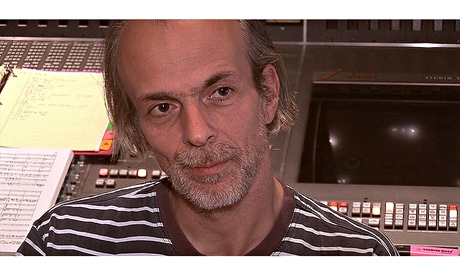
Centenary commemorations of the outbreak of the first world war have been threaded through this year's Three Choirs Festival. Their focus was the first performance of A Foreign Field, a cantata by Torsten Rasch that was a joint commission between the festival and the Städtische theater in Chemnitz, eastern Germany.
Singers from Chemnitz joined the Festival Chorus and choristers from the three cathedral choirs for the first performance, which was conducted by Baldur Brönnimann, with the Philharmonia and soprano Yeree Suh and baritone Roderick Williams as soloists.
A Foreign Field is an ambitiously elegiac work, which seems to me to come nowhere near fulfilling its ambitions. The text is a many-layered thing, apparently structured around the service of evensong. The choirs deliver parts of that service in Latin, while the soloists have verses from poets who experienced the war; Edward Thomas's work predominates, but there are also extracts from Rupert Brooke and Ivor Gurney, as well as Georg Trakl and Rilke.
Yet with all these sources, it's hard to establish precisely which aspect of the catastrophe of war the work is addressing – whether it's the personal or the universal. For the first two of the three parts, the focus appears to be on Thomas, and on the poem he wrote to his wife Helen before he died in 1917, but the third then descends into anarchy and generalised violence before the all-too-predictable peaceful resolution.
The sense of it all might have been clearer had more than a small percentage of the words come across in the cathedral. But despite the best efforts of Brönnimann, the choirs and the soloists, and having the texts in the programme, little was discernible. Rasch's music seems to be as amorphous as the texts too, a bundle of early 20th-century styles, with a bit of creepy Bartók here, some Bergian chromaticism there, and the odd purely diatonic passage thrown in for good measure. It all lasted 45 minutes, but seemed much, much longer.
• To be broadcast on BBC Radio 3 on 19 September.

